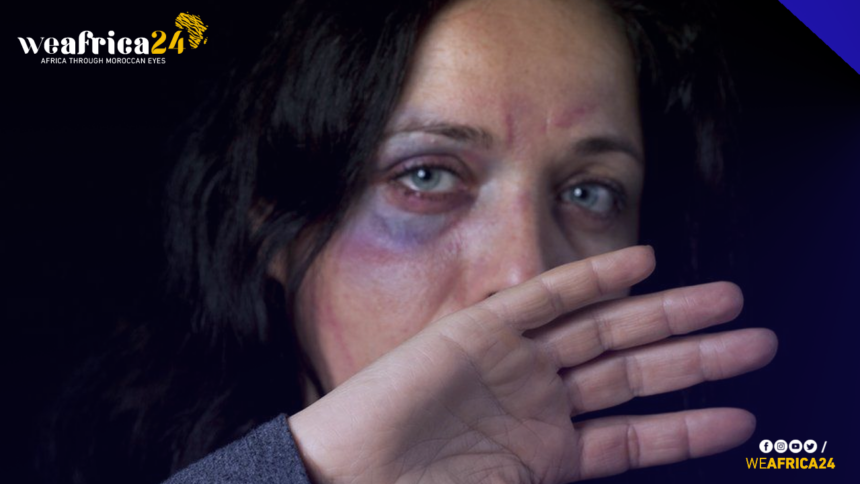The Women’s Labor Union presented its annual report, focusing on cases reported to the assistance centers across various cities in Morocco. This initiative aligns with the international and national campaign to eliminate violence against women, spanning from November 25 to December 10. This year’s theme, “Unite to Prevent Violence Against Women and Girls,” echoes the UN Secretary-General’s call for governments to invest in prevention, support gender-equality-friendly legislation, and combat all forms of gender-based discrimination and violence.
The report sheds light on the challenging situations faced by women, particularly within the private sphere, such as marital relationships. It relies on six key indicators derived from the statements made by women during their interactions with assistance centers. The graphical representation of this data highlights that urban violence constitutes 63%, followed by semi-urban at 30%, and rural at 7%. While these figures may seem relative, they suggest a decrease in violence against women in rural areas, possibly attributed to difficulties in accessing reporting centers due to the absence of local justice structures.
The report underscores the economic vulnerability of abused women, revealing that a majority are either unemployed or engaged in informal sector jobs with minimal wages. The economic factor significantly intensifies the severity of violence against women, making them hesitant to report incidents due to fears of jeopardizing their precarious financial situations within marital confines.
The age group between 18 and 35 emerges as the most affected, with a focus on young women subjected to child marriage and denied educational opportunities, exacerbating their vulnerability. The report acknowledges that while educated women, even with university degrees, are not immune to violence, they tend to be more empowered to report and resist abusive situations.
Marital violence remains alarmingly high, with married women constituting 53% of those seeking assistance. Divorced women account for 25%, while single and widowed women make up 10% and 6%, respectively. The economic downturn plays a pivotal role in exacerbating the violence against women, as most victims are unemployed or work in the informal sector, earning meager incomes.
In conclusion, the economic context significantly influences the prevalence and intensity of violence against women. The report advocates for empowering women economically, ensuring access to education, and creating a conducive environment for reporting abuse.







